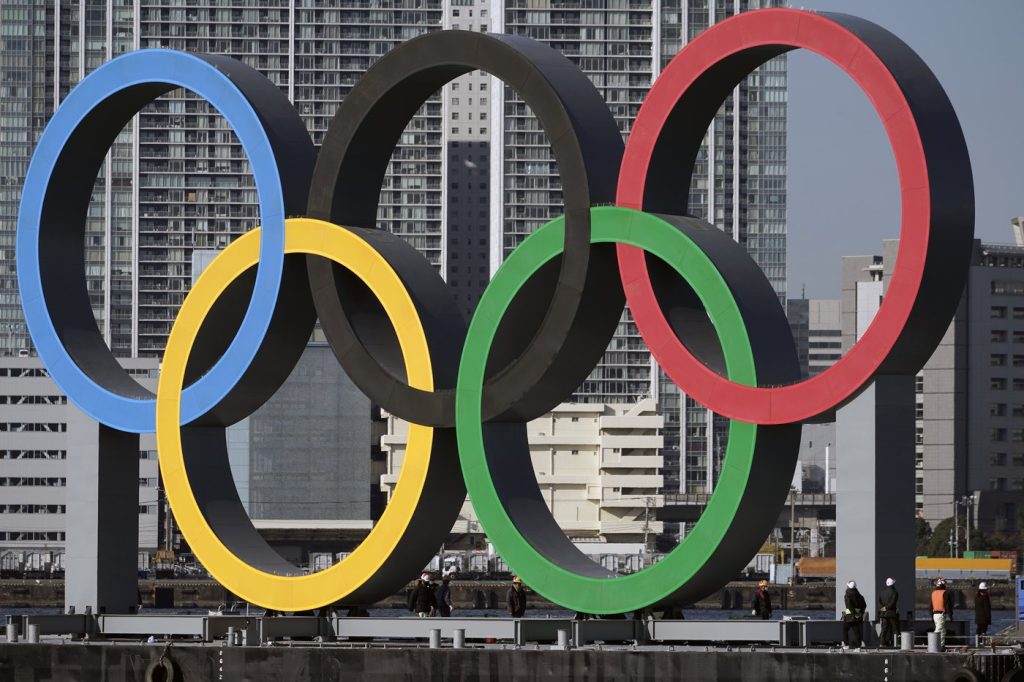The push to exclude transgender athletes from Olympic sports gained momentum under the Trump administration, which provided the U.S. Olympic and Paralympic Committee (USOPC) with a comprehensive legal brief. This document argued that the removal of transgender athletes would not conflict with the Ted Stevens Act—a significant 1978 federal law that regulates the Olympic movement. This brief allowed the USOPC to adjust its policy quietly, though there is no assurance that these revisions will not face legal challenges.
Jill Pilgrim, an expert in Olympic law, described the Trump administration’s guidance as “a well thought-out, well-reasoned set of arguments.” However, she expressed skepticism about the long-term viability of this policy, suggesting that if a transgender athlete were to be excluded from Olympic competition, legal action is likely to follow. Pilgrim has substantial experience with eligibility rules in the Olympics and served as the general counsel for USA Track and Field.
The USOPC's update to its athlete safety policy mandates that all 54 national governing bodies (NGBs) must amend their participation rules to align with an executive order signed by Trump in February, titled “Keeping Men Out of Women’s Sports.” At the time of the guidance's release, fewer than five governing bodies had rules consistent with the new policy.
USA Fencing was among the first organizations to adopt the new guidelines. The sport became a focal point in congressional hearings about transgender athletes earlier in the year, particularly following an incident where a female fencer refused to compete against a transgender opponent at a Maryland meet.
One of the primary concerns surrounding the USOPC's policy changes is the potential conflict with the Ted Stevens Act, which explicitly states that an NGB cannot establish eligibility criteria that are more restrictive than the standards set by the relevant international sports federation. While some American federations, like USA Track and Field (USATF) and USA Swimming, adhere to international rules, many others do not. The international landscape is inconsistent; some federations maintain strict eligibility criteria for transgender athletes, while others, like the international skiing federation, are less clear.
White House lawyers informed the USOPC through a seven-paragraph analysis, asserting that ensuring men’s participation in women's sports contradicts the predecessors of the Ted Stevens Act. They claimed that permitting male athletes to compete solely against one another does not constitute a restriction on eligibility but is merely a neutral policy directive.
As the sports federations transition to compliance with the new rules, it remains uncertain whether these updates will be legally contested. Shannon Minter, the legal director at the National Center for LGBTQ Rights, noted that it is likely to find a transgender athlete negatively affected by the USOPC's changes. He emphasized that the White House guidance will face challenges in court, where its success seems improbable. Minter pointed out that there are international sports organizations allowing transgender women to compete under specific medical conditions, and the USOPC cannot simply override these policies.
Typically, athletes facing issues with eligibility are required to attempt resolution through what is known as a Section IX arbitration case prior to seeking remedies in the U.S. court system. Pilgrim outlined a possible situation in which an athlete could win an arbitration decision, leading the USOPC into a predicament if they subsequently deny that athlete’s chance to compete, which would almost certainly result in legal disputes.
These developments occur amidst a backdrop of a 2020 law giving Congress the authority to dissolve the USOPC board, following several scandals in Olympic sports. This, coupled with the upcoming Summer Games in Los Angeles and the President's ongoing efforts to influence sports-related matters, appears to have propelled the USOPC board—historically cautious—toward adopting a controversial decision. The committee’s new approach replaces a previous policy emphasizing “real data and science-based evidence” over ideological considerations in determining transgender athlete eligibility.
USOPC CEO Sarah Hirshland and board chair Gene Sykes underscored in a recent communication to Olympic stakeholders the organization's obligation to adhere to federal requirements. They claimed the new guidance aligns with the Ted Stevens Act, affirming their commitment to ensuring athlete safety and competitive fairness. While the USOPC did not establish a specific timeline for NGB compliance, it is believed most will meet the new requirements by the end of the year.










